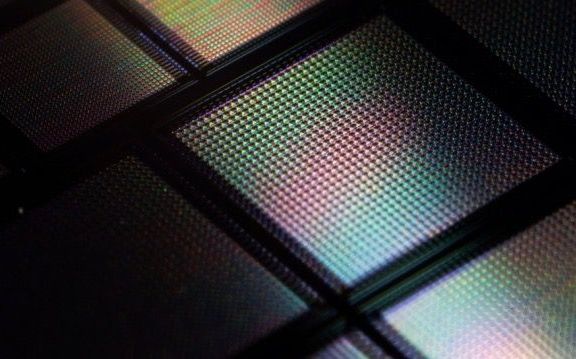The human brain operates on roughly 20 watts of power (a third of a 60-watt light bulb) in a space the size of, well, a human head. The biggest machine learning algorithms use closer to a nuclear power plant’s worth of electricity and racks of chips to learn.
That’s not to slander machine learning, but nature may have a tip or two to improve the situation. Luckily, there’s a branch of computer chip design heeding that call. By mimicking the brain, super-efficient neuromorphic chips aim to take AI off the cloud and put it in your pocket.
The latest such chip is smaller than a piece of confetti and has tens of thousands of artificial synapses made out of memristors—chip components that can mimic their natural counterparts in the brain.
